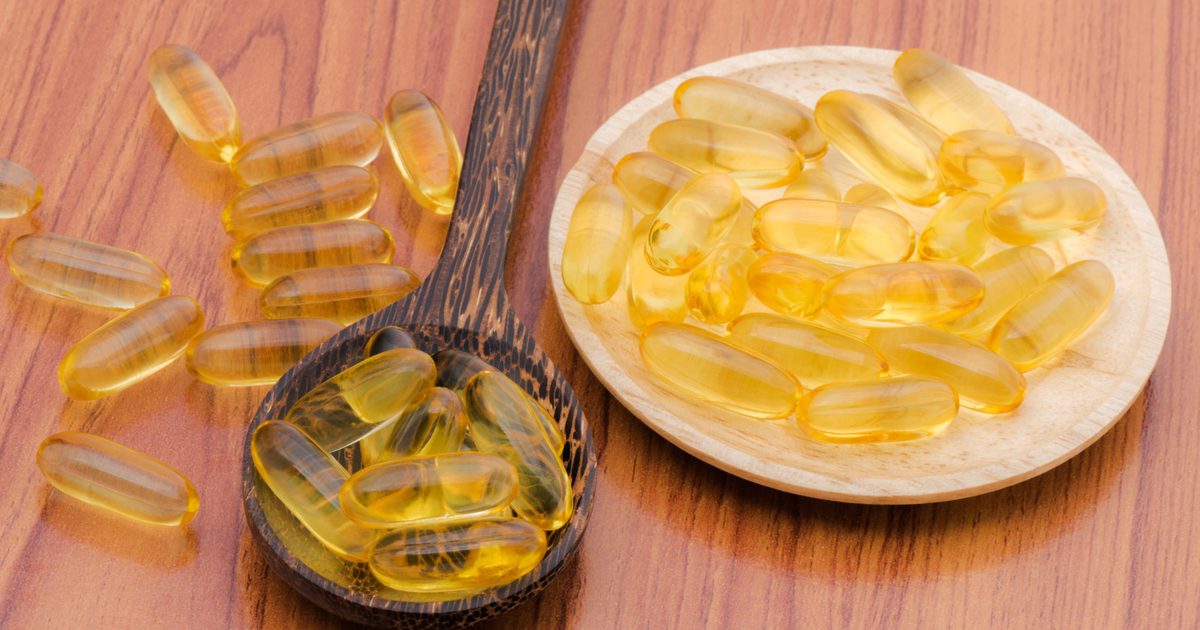Benefits And Natural Sources Of Omega-3s
Fat is a complicated thing. Some forms of the gelatinous compound are downright deadly, while others are health-promoting and good for the ‘ole body. Omega-3 fatty acids fall into the latter category. EPA and DHA are the two types of omega-3s found in fish. ALA is a vegan-friendly fatty acid found in certain nuts and seeds. Jam-packed with health-bearing benefits, they have been found to help with everything from lowering blood pressure to improving brain function. Moreover, the American Heart Association recommends omega-3-inclusive diets for individuals who are at risk of — or currently dealing with — heart disease and other potentially fatal coronary conditions.
Essential Nutrients

Organisms need essential nutrients such as carbohydrates, proteins, fats, minerals, vitamins, fiber, and water to grow, survive, and reproduce. Without them, humans can’t function at an optimal level. And unlike other compounds and chemicals that contribute to our well-being, bodies cannot naturally produce — or produce in sufficient enough quantity — these elements.
Nutritionists separate essential nutrients into two categories: macronutrients and micronutrients. Proteins, fats, and carbohydrates are macronutrients that provide energy. The micronutrient category is comprised of vitamins and minerals, which enhance and stabilize body chemistry. The body uses nutrients in one of two ways: It either absorbs them for energy or uses them to build certain body parts, like hair.
Improves Brain Function

Most individuals aspire to an optimally functioning brain. It’s rare to find someone who doesn’t want to be more alert, enjoy better recall, and just feel happier and more focused in general. And fortunately, we can improve our cognitive function through deliberate action. Scientists have proven exercise and brain-friendly diets that include omega-3 fatty acids improve brain function.
EPA and DHA — the two main omega-3 fatty acids — are needed to support a baseline brain function, even in the womb. Studies show women who consume fish oil with omega-3 fatty acids during pregnancy have children who perform better on early childhood intelligence tests.
